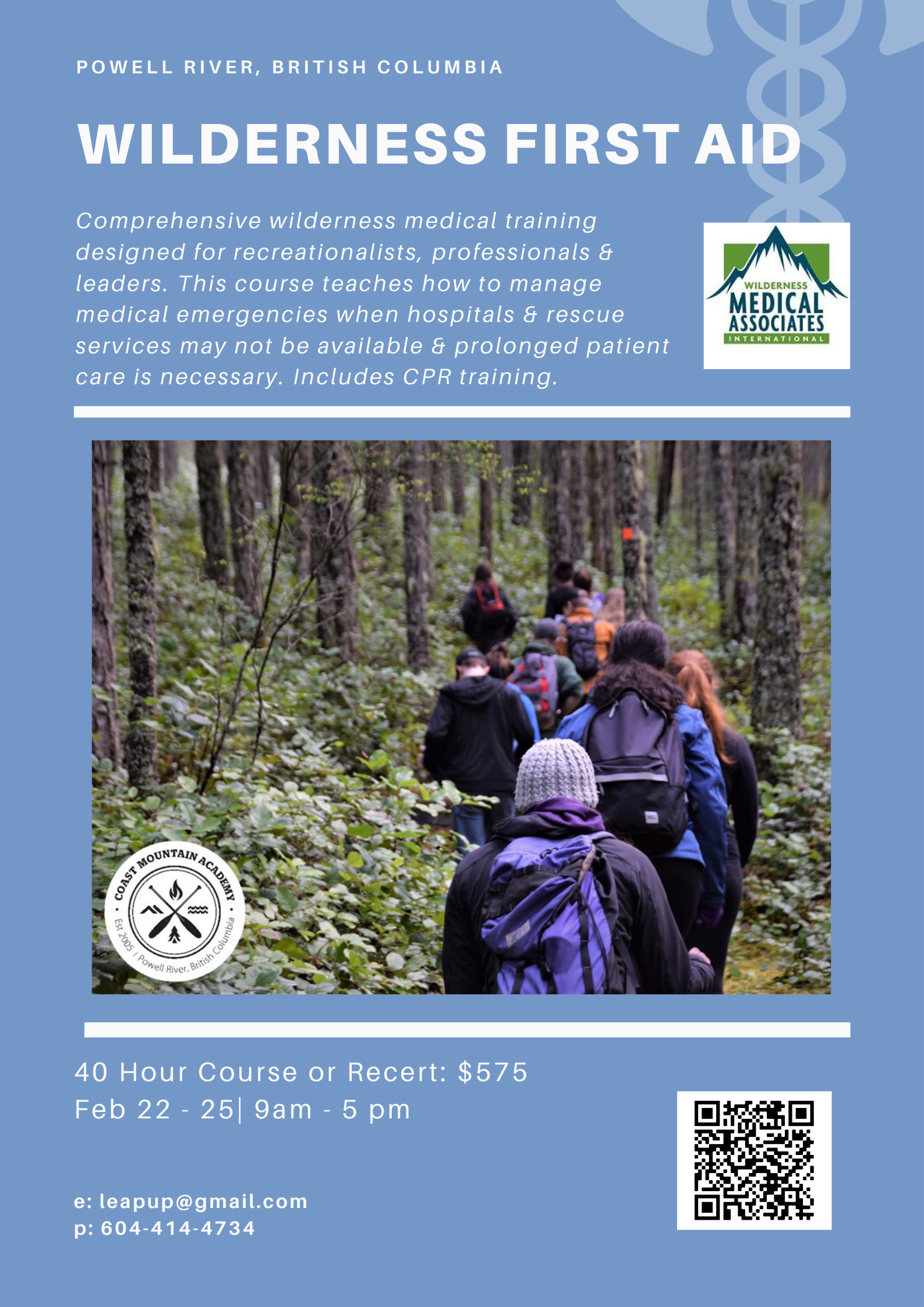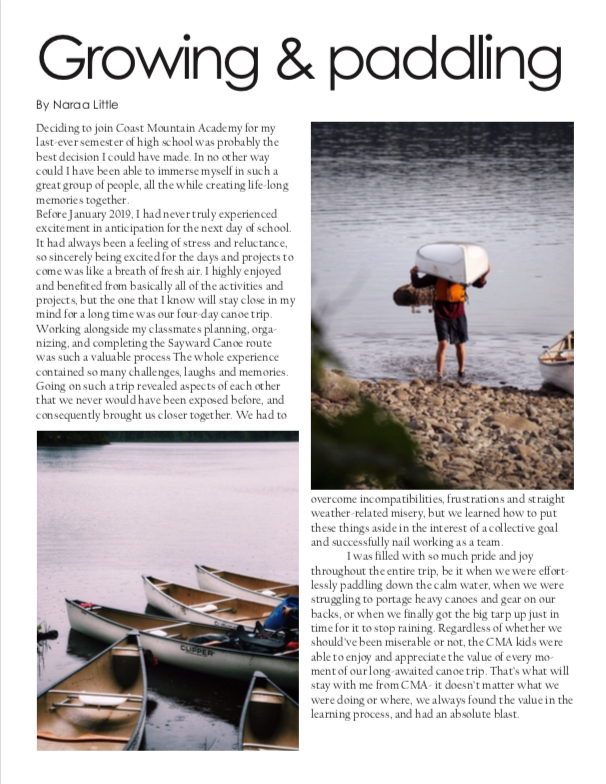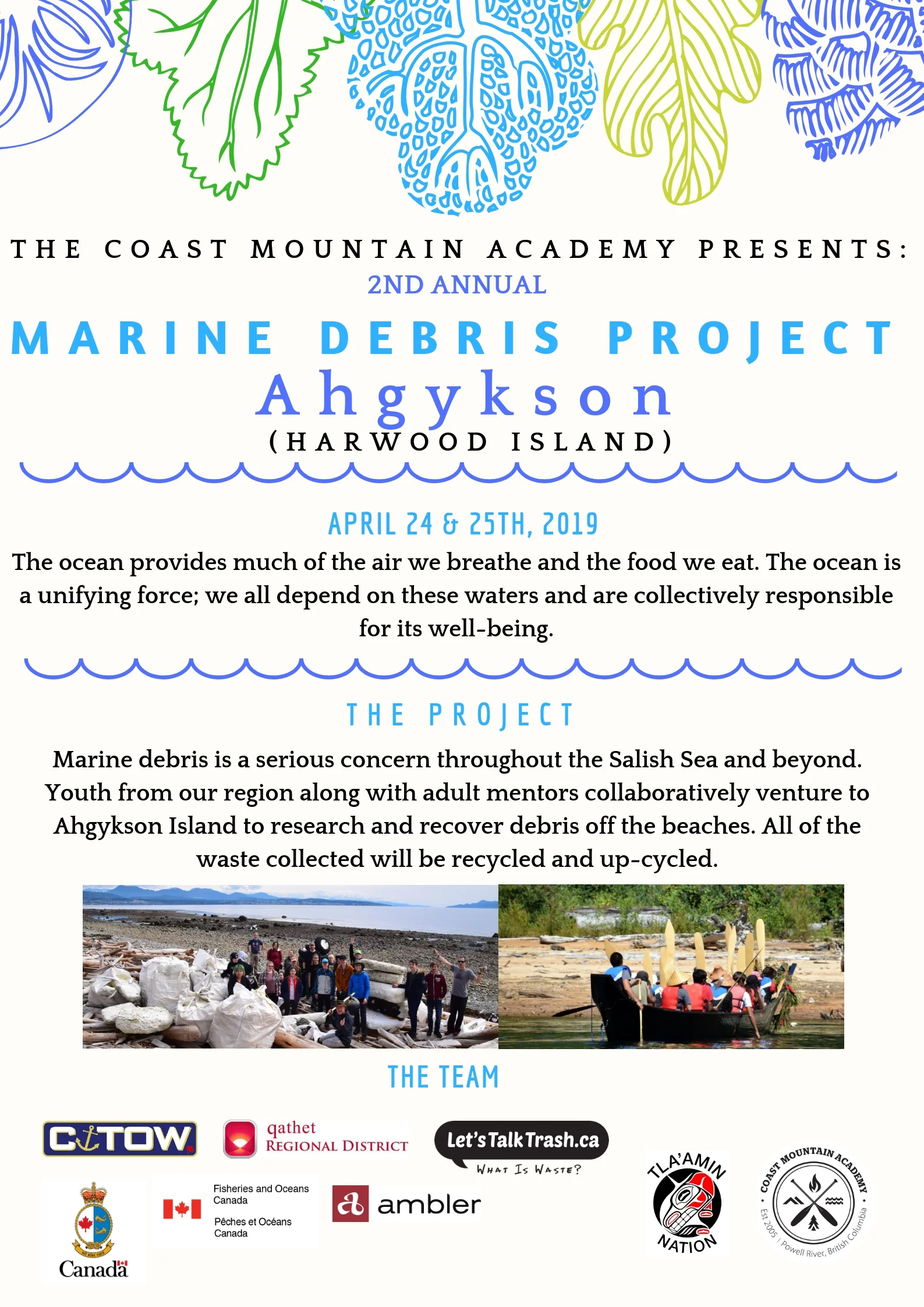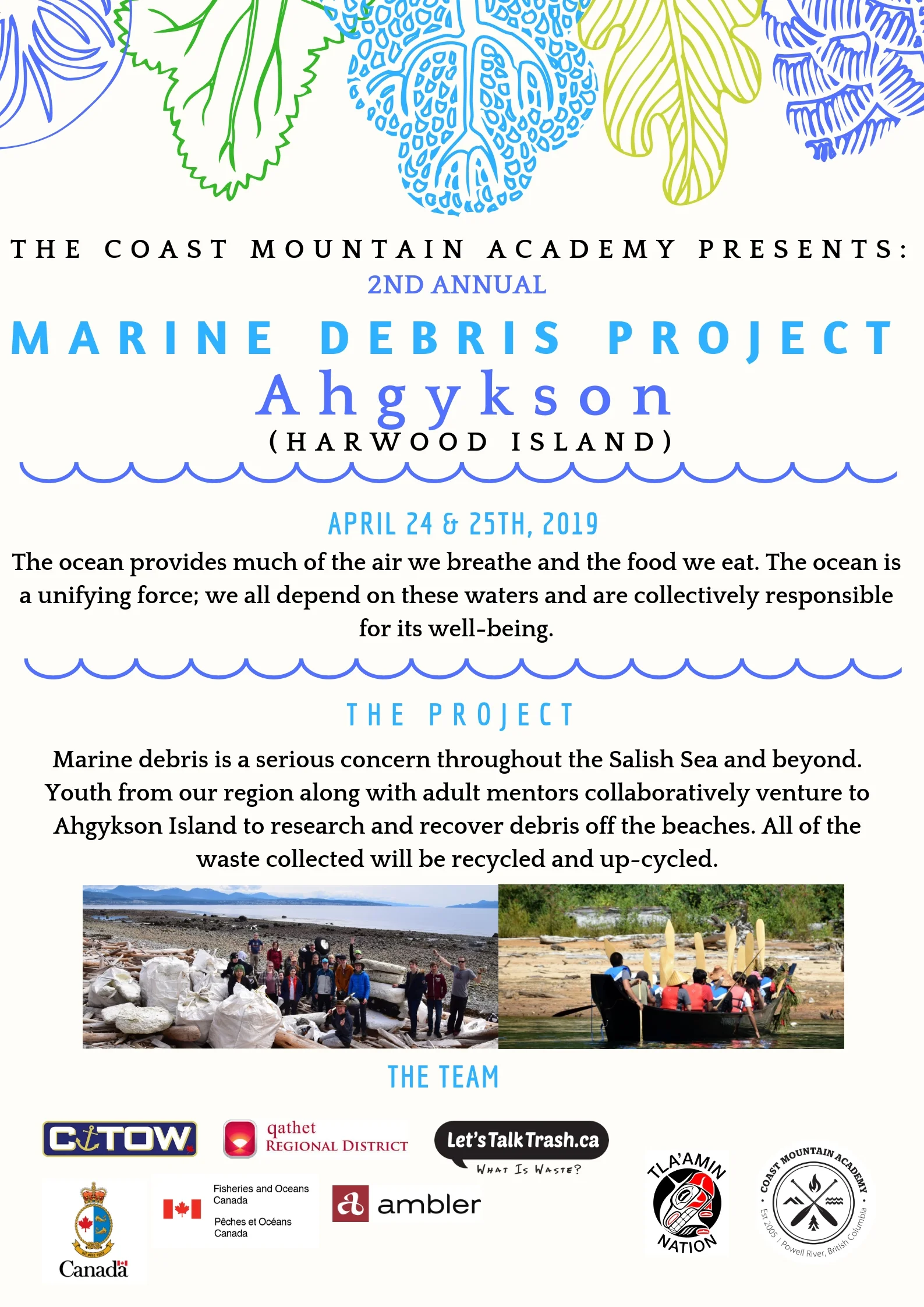National Education Working Group - Canadian Outdoor Summit
For more information & to register visit https://canadianoutdoorsummit.com/basecamp-conversations/.
School District 47 Advises to National Publication on COVID-19
School District 47 Outdoor & Ecological Learning Coordinator Ryan Barfoot has recently helped to establish a keystone document designed to support outdoor industry / practitioners in the times of Covid-19. As the Director at Large for the Outdoor Council of Canada, Barfoot has played an advisory role.
COVID-19 Principles and Practices for Led Outdoor Activity has been assembled by a collective of outdoor professionals representing organizations and associations connected to the Led Outdoor Activity (LOA) sector as well as health research experts (for more information, refer to the acknowledgements at the end of the document). It provides general principles for managing COVID-19 hazards in the context of delivering LOA in Canada. The regionally focused resource, Covid-19 Principals and Emerging Practices for BC Wilderness Expeditions is a sister document to this work and may be useful for Wilderness Based Programs.
School District 47 Supports Provincial PD Conference
School District 47 (Powell River) is a excited to be an Sub-Alpine supporter of the 2019 Classrooms to Communities Professional Development Conference. We are happy to bring our expertise, stories and a willingness to collaborate in support this great work.
Teachers and students across the province are excited to be inquiring about issues and priorities that matter most to our communities through place-based approaches. Join us in October to connect classroom and community through a focus on people, place and planet, as we share and experience promising practices and transformative learning grounded in the BC curriculum.
The conference, convened on the traditional, ancestral, and unceded territory of the Musqueam people, will feature over 50 sessions, workshops, field studies and activities to choose from. We will also be welcoming high profile organizations from varying fields of sustainability and offering unique opportunity for collaboration and dialogue over two action-packed days!
CMA 2019 Zine Project Excerpts
Marine Debris Project 2019
Outdoor Council of Canada Field Leader
Ryan Barfoot will be offering the OCC Field Leader certification in Powell River. Please see poster for details.
LEAP Aboard Day 4
LEAP Voyageur 2018
CREATING A HEALTHIER CONSUMER CULTURE BY PAUL ZIENIKE
Consumerism – we are all part of it, though it is hard to describe. Consumerism is an ideology, a way of life and an economic order that is deeply rooted in our society. It makes us buy and consume products in ever-increasing amounts. Consumerism is connected to a variety of problems including climate change, ocean pollution, habitat destruction and – last but not least – declining happiness. In this article, I will illustrate how consumerism influences individual and societal happiness and how the 2018 Coast Mountain Academy (CMA) class has taken steps to creating a healthier consumer culture.
In class we read Rebecca Solnit’s “The Silence of the Lambswool Cardigans”, a short essay that illuminates societies disconnect between consumerism and happiness. Nowadays, the products that most of us consume are alienated from the natural and human processes that form them. Primarily, this is the result of our consumerist economy and widespread neoliberalism. Each time we go to the mall and mindlessly buy something we are a participant in this system. For example when purchasing a T-shirt, do you usually pay attention to where it comes from? Do you know the person who picked the cotton? What about the factory worker who sewed it? If you are in the majority, then you don´t.
Because if you did, you would see more than a cheap shirt. You would see exploited workers in Malaysia struggling to feed their families and huge areas of soil becoming infertile because of monoculture. You would feel guilty. And who wants that? The way products are presented nowadays encourages us to look away and treat products as if they just arrived out of nowhere onto store shelves. Does the blindness that allows consumerism to thrive enable us to be happy? According to the essay, the clear answer is no. Human beings are “nourished by stories and connections” (Solnit). Without them, our world becomes “meaningless” and we become unhappy.
How can we consume in more fulfilling and meaningful ways? Generally, there needs to be a change in our consumer culture that allows us to listen to the stories of products and be filled with joy not guilt. In order to achieve this, I believe that we can benefit from reflecting on the past. More specifically through the lens of a life in accordance with nature. This knowledge is not new, human beings have lived with nature as a guiding force for thousands of years and continue to persist in many contemporary First Nation worldviews. In CMA, each one of us has the chance to carve a canoe paddle using the traditional designs and techniques of Westcoast First Nations people. For me, this project is a profound experience. It is driving me to the realization that realigning our consumer habits with aboriginal values can help us to become a healthier society. Traditional carving promotes a culture which gives value and attention to the process behind the product. If you carve a paddle, you don´t just get to know the process, you are actively part of a beautiful story. This is a great feeling, on you will not buy from shopping at the mall.









